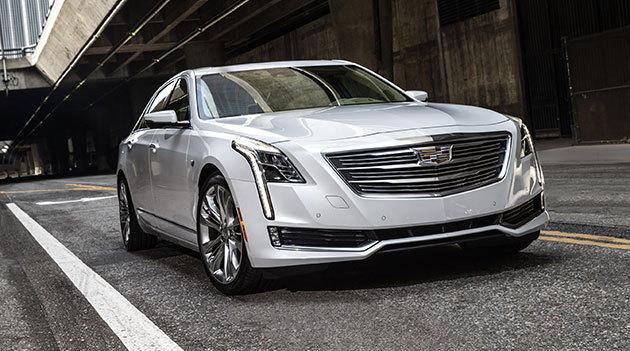Amid the myriad of end-of-year sales drives and Black Friday deals that spring up during the holiday season, those looking to purchase a car may have one more incentive to do their holiday shopping a bit early: the potential end of the electric vehicle (EV) tax credit.
On November 2, U.S. House Republicans proposed a new tax reform bill. If passed, the bill would delete Section 30D of the Internal Revenue Code, which offers a $7,500 tax break for those who buy a hybrid or electric car.
“Tax credits are an important customer benefit that can help accelerate the acceptance of electric vehicles,” General Motors’ officials said in a statement about the proposed change. “Because General Motors believes in an all-electric future, we will work with Congress to explore ways to maintain this incentive.”
As more affordable EVs hit American markets (priced below the $60,000+ price tag of initial luxury models), the credit has become more and more appealing to mid-market buyers. For example, the Tesla Model 3’s listed base price is $35,000; a $7,500 rebate makes that purchase much more affordable.
However, the current structure of the EV tax credit slowly reduces the number of people who can take advantage the deal to zero—regardless of the GOPs proposed elimination.
The incentive is currently offered to the first 200,000 EV buyers for each car manufacturer. After those initial credits are issued, the number of offers is cut by half every six months until they’re gone. And reports say that manufacturers like Tesla and GM are getting close to the 200,000 mark.
So what does this mean for automakers? In most cases, fewer incentives means fewer purchases. In states like Georgia, where state-level EV tax credits have been cut or phased out entirely, there has been a noticeable decline in EV and hybrid sales.
“The credits matter a lot,” said Eric Noble, president of consulting company The CarLab. “In states without EV mandates or incentives, you’ll see sales crater.”
The House bill is not final and must pass the Senate before President Trump can sign it. Until that time, carmakers and EV fanatics alike will petition to save the rebate.
